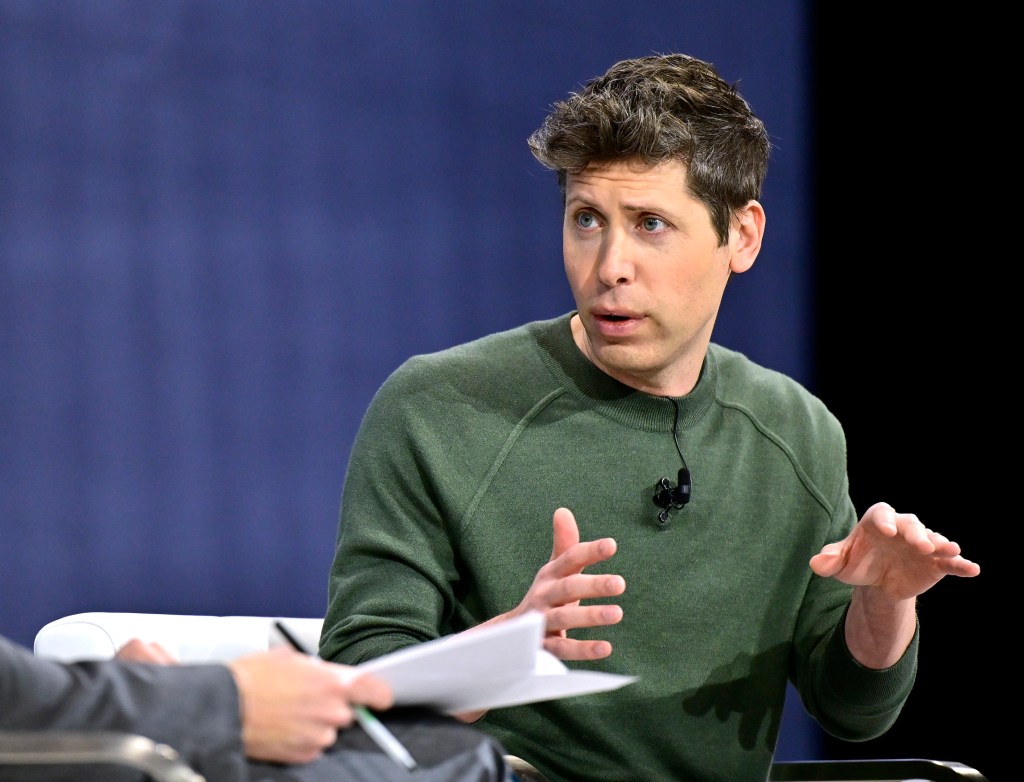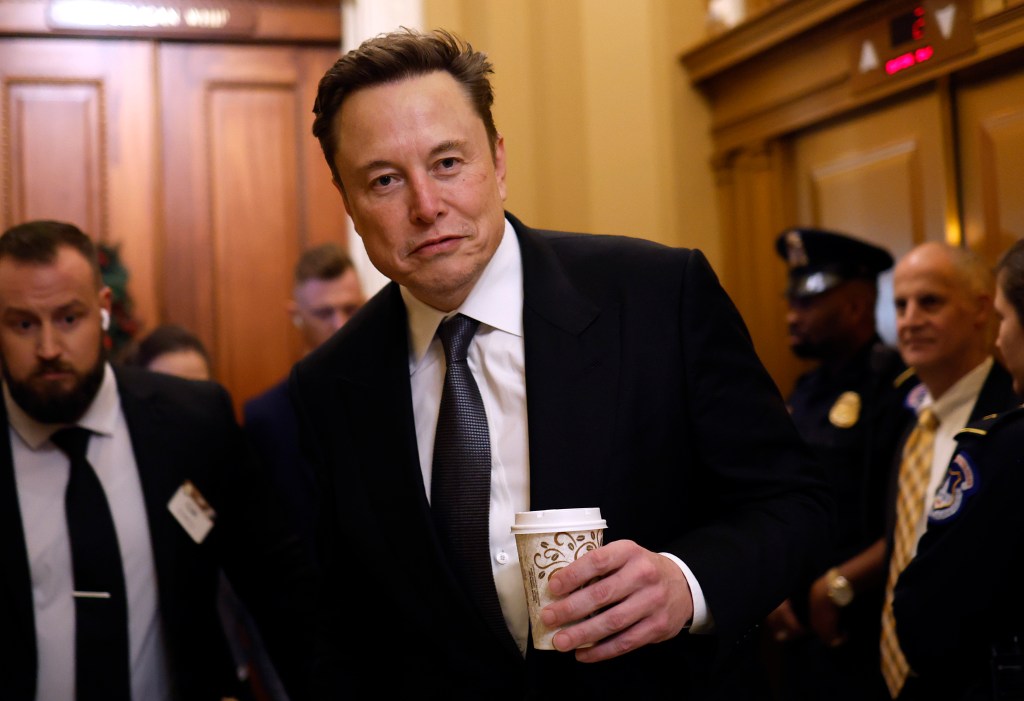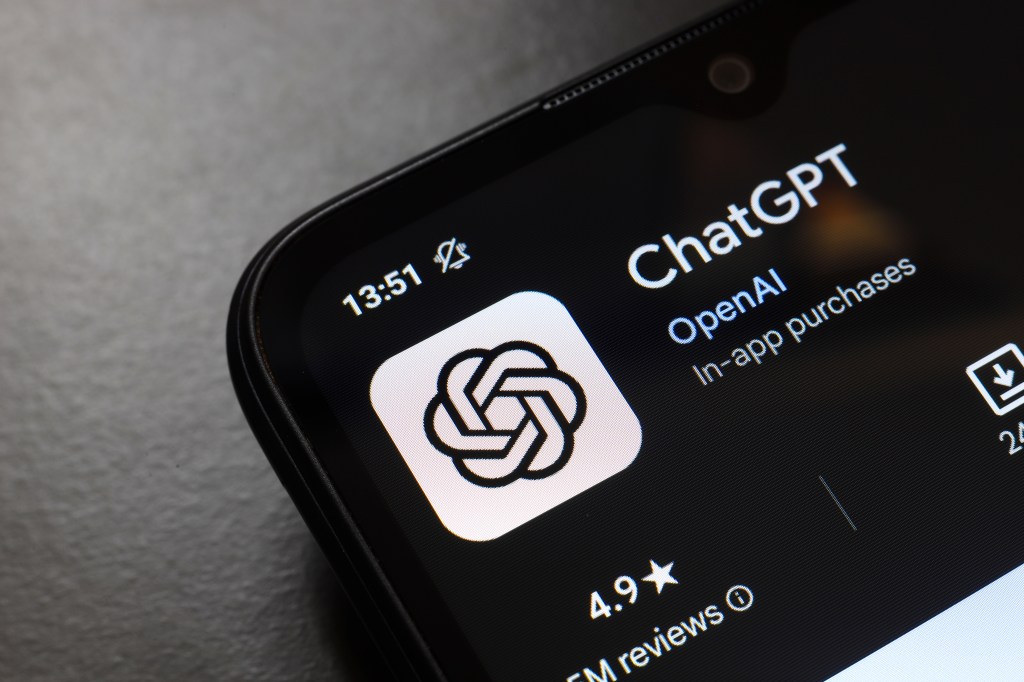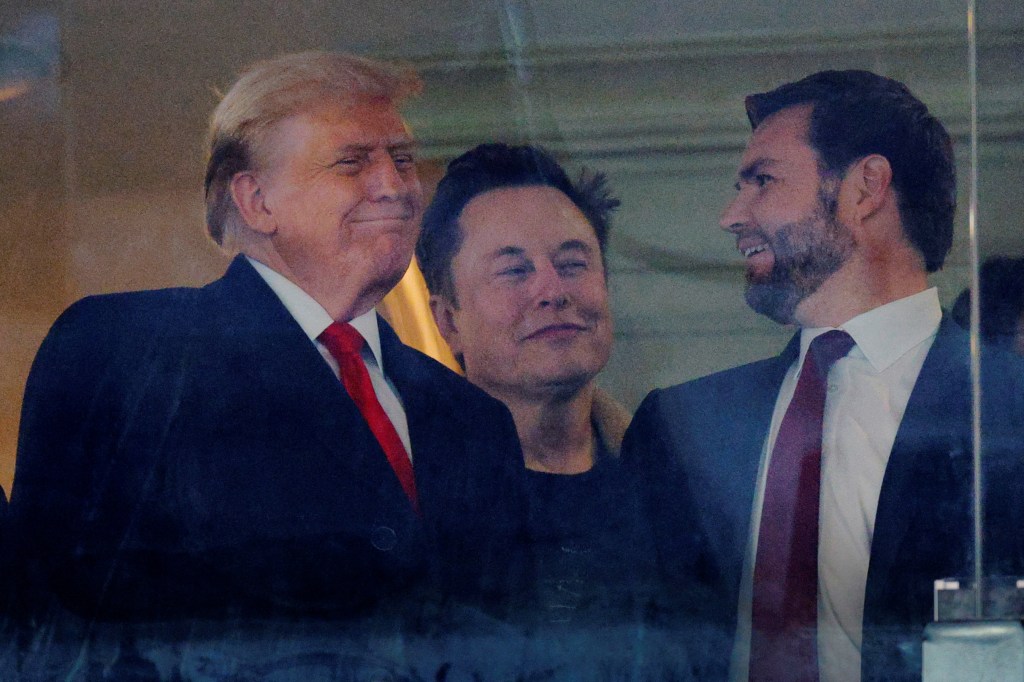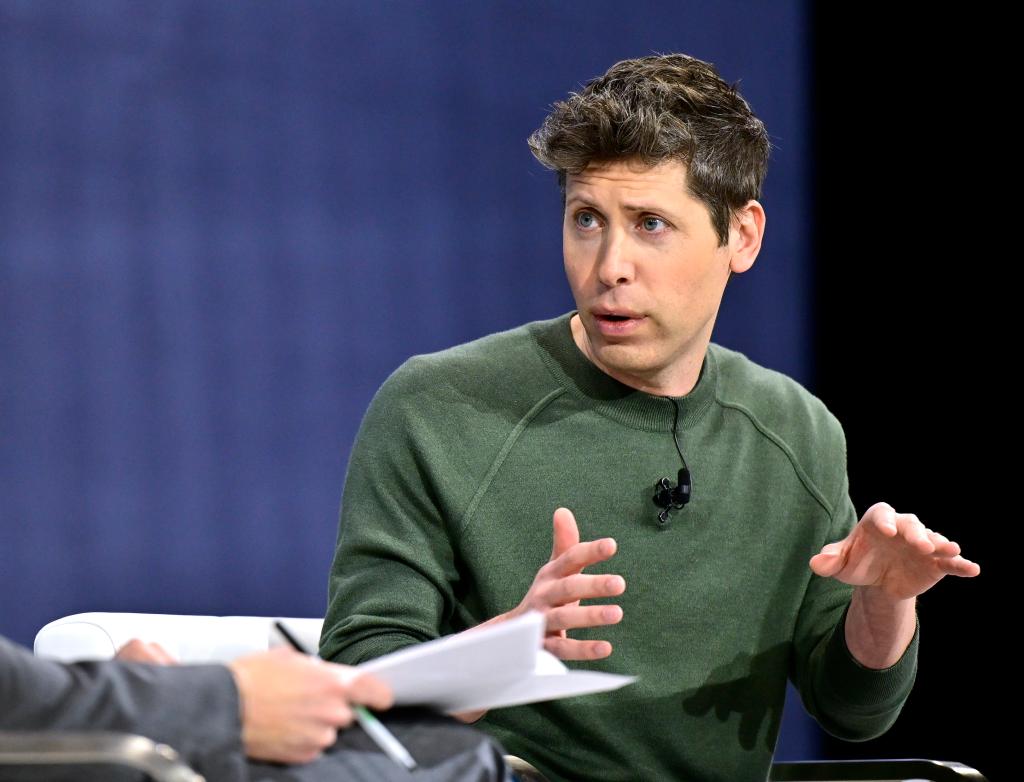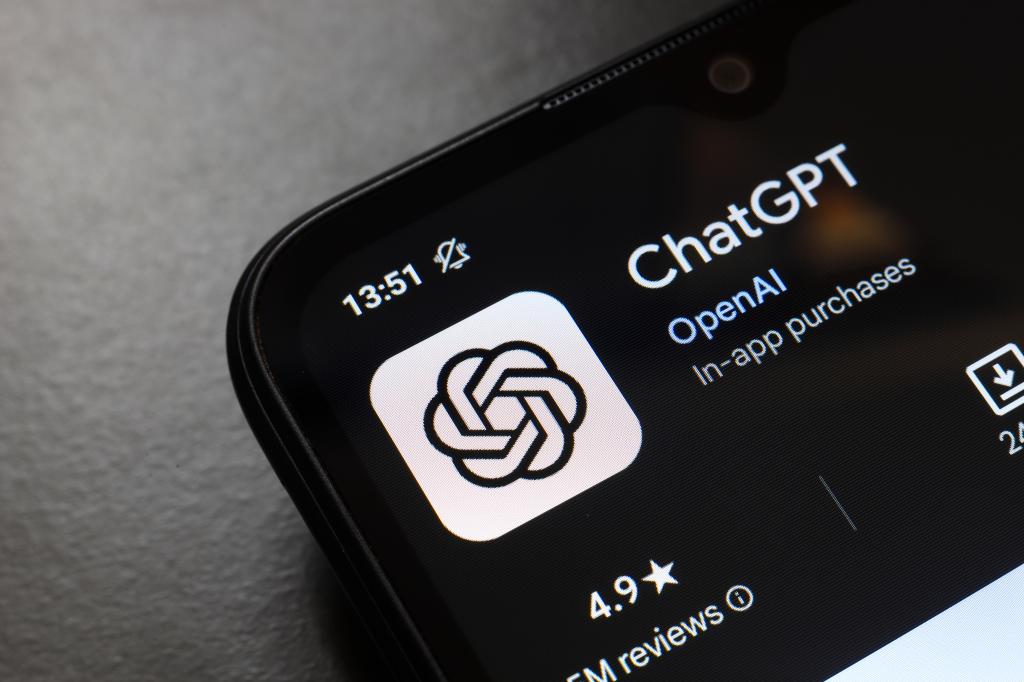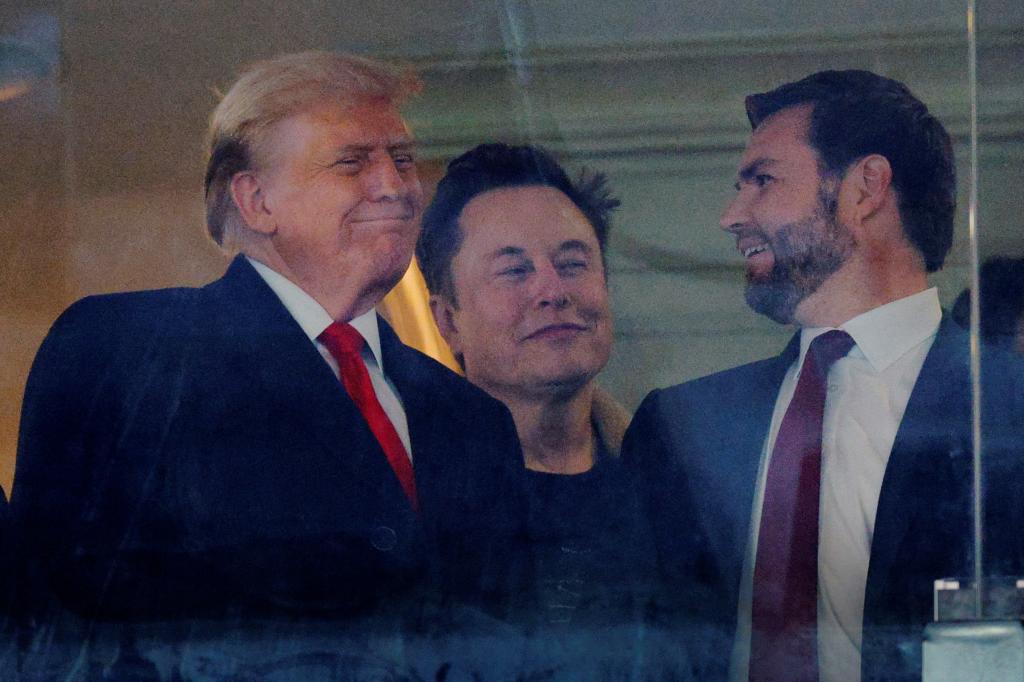ChatGPT CEO talks Elon Musk feud, criticizes Biden admin AI regulation
OpenAI CEO and co-founder Sam Altman opened up about Elon Musk’s feud with him and his view of how regulations related to artificial intelligence (AI) development should be framed.
Altman appeared on an episode of The Free Press’ “Honestly with Bari Weiss” podcast that was released Thursday and was asked by Weiss about why Musk has publicly criticized him over AI safety concerns and sued to block OpenAI from creating a capped for-profit corporate structure after initially being founded as a non-profit.
Musk was a co-founder of OpenAI but cut ties with the company in 2018 after he was unable to persuade its other leaders to put him in charge of a for-profit OpenAI entity or merge the company with Tesla. Weiss noted that Musk has likened Altman to the “Little Finger” character who was an antagonist in the “Game of Thrones” series and that the xAI founder said he doesn’t trust Altman to lead a company that controls the world’s most powerful AI.
“I think it’s because he wants the most powerful AI in the world to be controlled by him,” Altman said. “And, again, I’ve seen Elon’s attacks to many other people, many friends of mine — everyone gets their period of time in his spotlight. But this all seems like standard behavior from him.”
“I’m upset by it, for sure. I was talking to someone recently who I did think of as close and they said, like, ‘Elon doesn’t have any friends. Elon doesn’t do peers, Elon doesn’t do friends.’ And that was sort of a sad moment for me, because I do think of him as a friend,” Altman said.
“I can look at this somewhat dispassionately, like I remember what it was like when he said OpenAI has a 0% chance of success and you guys are idiots and I’m pulling funding and I’m going to do my own thing,” he continued.
“I remember what it was like when there were moments since then where it felt like he kinda wanted to reconcile and find a way to work together. And then I remember moments where he’s just like, you know, off doing his thing on Twitter. If it were only towards me, I think it would be much more painful,” Altman said. “But you know, I think you see who he is on Twitter, so I can, like, hold it somewhat impersonally and just be like, this is about Elon, not about me. It still sucks, I’ve had a long time to get used to it, I guess.”
Weiss noted OpenAI’s recent blog post and court filing pushing back on Musk’s lawsuit against the company and asked Altman whether he thinks Musk is suing the company for competitive purposes to benefit his firm, xAI, rather than genuine concerns about AI safety or the ChatGPT-maker’s corporate structure.
Altman replied that she should ask Musk. He then went on to explain that he thinks overregulation of AI could have “huge negative consequences” but noted that he, Musk and other large AI companies have been supportive of regulation.
“Some regulation is clearly a good thing. Now, I can imagine versions of AI regulation that are really problematic and would disadvantage smaller efforts, and I think that would be a real mistake,” Altman explained. “But for some safety guardrails on the most powerful systems, that should only affect the people at the frontier, that should only affect OpenAI and a small handful of others. I don’t think we’re at the level yet where these systems have huge safety implications, but I don’t think we’re like wildly far away either, so that’s the sort of art here.”
Weiss asked Altman about arguments made by some AI startups that OpenAI and other larger AI firms are looking to build regulatory barriers to smaller competitors that could grow into rivals. He replied that the only regulations he’s calling for are on “new and untested” activities that are at the frontier of AI development.
Weiss followed up by noting comments made by Marc Andreessen on her podcast and his perception that the Biden administration was attempting to control AI and regulate it so there were only a few large companies that would work with the government and be protected from competition.
“I don’t think it’s true, I don’t know what he’s referencing. I also will say very, very clearly, I think regulation that reduces competition for AI is a very bad thing,” Altman said. Weiss asked if OpenAI and other AI companies were meeting with the Biden administration to discuss that sort of regulatory arrangement.
“I don’t even think like the Biden administration is competent is enough to… I mean, we were in a room with them, and other companies and the administration, but never like, ‘Here’s our conspiracy theory, we’re going to make it so only a few companies that can build AI and then you have to do what we say.’ Never anything like that,” Altman said.
The OpenAI co-founder went on to say that he thought Commerce Secretary Gina Raimondo was more attuned to the emergence of AI and areas that need to be prioritized than the Biden administration overall.
“I think Gina Raimondo was and is fantastic. Every conversation I had with her, I thought she kind of got it. Overall, I would say the administration was not that effective,” he said.
“The things that I think should have been the administration’s priorities and I hope will be the next administration’s priorities are building out massive AI infrastructure in the U.S., having a supply chain in the U.S., things like that,” Altman explained.








